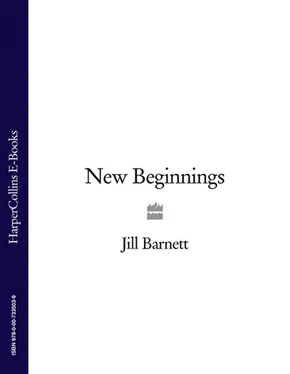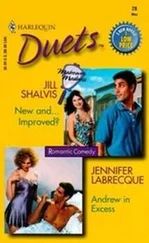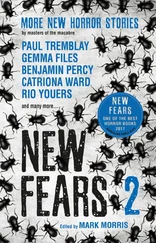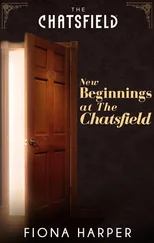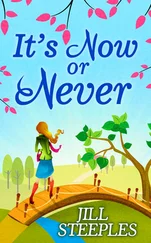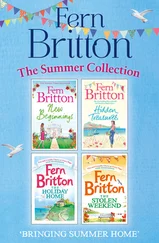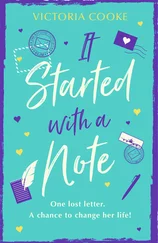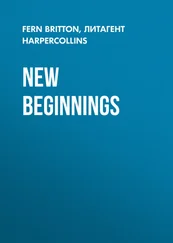1 ...7 8 9 11 12 13 ...16 March and women like her were products of a generation that straddled two feminine cultures, raised to be good girls, like their mothers, yet they ended up rallying for their independence and their individual rights in a society that, for all its touting of freedoms and liberties, was dismally patriarchal.
Most women back in the Sixties and Seventies had to have male co-signers for anything financial. Early in their marriage, when March called the credit card company, they wouldn’t talk to her, even though she made most of the income and paid the bills. They had to speak to Mister Cantrell.
But her daughter, Molly, was born into a world of men changed by women like March. Almost as if with that first breath of post-feminist air, Molly innately understood how to work inside her world, and it was very different from how March’s world worked.
Mother and daughter could look out the same window at completely different scenes. Mothering Molly was like some kind of grand game of Where’s Waldo. There was an undeniable sense of irony in that March had wanted a daughter so badly, only to give birth to a diva instead.
Beatrice’s only answer was, “You were a difficult child. She takes after you, dear. Your father and I always felt your name was perfect. March, in like a lion.”
“Daddy said that all the time. Funny I don’t feel like a lion.” March was exhausted. “Molly and I are polar opposites. My daughter is nothing like me.”
“She will be,” was all her mother had said.
Mike set her straight in terms more clear, the way men could see the world in black and white while women saw nothing but a confusing mass of passionate colors. “You are and always have been an independent woman and never afraid to tell the world what you think. Look, you’re a strong woman with strong emotions. Why on earth would you want a daughter who is any less?”
March was quiet for a long time, knowing he was right. “Because my life would be easier if she were a little more malleable.”
“And our marriage might have been calmer if you had been that way.”
She punched him in the arm. “You know you love to argue with me. Makes your life colorful and interesting.”
“So look at it this way, sunshine. Our little red Molly is the color in your day. She will never bore you. I was reading on the plane, a book about how we parents make the mistake of looking for pieces of ourselves in our kids. The psychologist said it’s natural, narcissistic and necessary, that we think if we can catch a glimpse of ourselves in our kids then perhaps we will understand how their minds work. But it’s a scientific fact that traits skip generations. So in the same way our own parents didn’t have a clue about us, neither do we about our own kids.”
“God cannot possibly be so cruel.” March sank down into a club chair, hugging its pillow to her chest. “And Mother Nature wouldn’t do that to another woman.”
“Women are toughest on other women. You’ve said that yourself. Motherhood is an emotional extreme for a woman…”
At that moment she wanted to zip his mouth shut. There was a man who couldn’t pick up his shoes, shirt, or tie, who regularly lost the remote control but like magic could always find her car keys, and he was suddenly quoting some new self-help book about the differences between women and men and telling her about motherhood? If only one of their babies had been born through his penis…
“…Manhood and womanhood are forced on us by chromosomal serendipity, but we actually choose to be parents. Fascinating stuff. Our choices become some of our biggest mistakes and the hardest to live down. Basically, the point this doctor made was: we can never live down our kids.” Mike took off his tie and hung it on the closet’s doorknob—the tie rack was a foot from his nose—then he kicked his shoes off near the bed and walked away from them.
If she didn’t pick them up, she would trip on them in the middle of the night on her way to the bathroom.
He pitched his shirt across the dressing room and missed the laundry basket, then faced her with his hands on his belt.
“Mike?”
“What?” His belt buckle banged the door as he hung it from the bathroom doorknob.
“You really have to start reading fiction.” And she threw the pillow at him.
The month Mike appeared on the cover of Business Week with the caption “It Only Looks Easy,” (“it” referring to the rise of the sport of snowboarding), Mickey, their fourth child, tried to ride his Transformer car down the stairs and had to have seventeen stitches in his forehead. Behind the accident were Scott and Phillip, caught standing in the corner of the upstairs landing and whispering sworn vows to not tell Dad what they did.
Mike had grown up with an older brother and clearly understood sibling dynamics. Brad duped him enough times to make him remember all the bruises and challenges and dirty tricks. The antics between his older brother and him were a rite in natural family order.
But it was his father’s reaction that changed the dynamic from brotherly prank to damage. Every time Brad got the better of him, Mike could see he became more and more of a fool in his dad’s eyes. Sometimes the darkest legacy between brothers was more about emotional scars than the physical ones.
Through the coming years his own kids made his life fuller, even though they fought over Monopoly money, the biggest slice of cake, who would sit in the middle, which bedroom was better, often with Scott and Phillip so involved in arguing with each other they never realized Molly just waltzed in and took what she wanted when they weren’t looking.
Occasionally they managed to get even with her, like when they taught her to snap her fingers backwards or filled her bed with ants. But for Mike she was a butterfly who seemed to light upon the ordinary things in his world, making them seem rare and special. Her Mollyisms could paint the unexpected into a regular day.
“Dad? Do you know where rainbows come from?”
“Ireland?” he’d asked.
“No, silly.”
“Leprechans?”
She had giggled in that way little girls did, a simple sound that gave him a great sense of joy.
“Light refracts through the water droplets,” she’d said. “And because water droplets are round, they cause the light to bend. A rainbow is really a full circle of colored light but the ground stops you from seeing the other half of the circle.”
“Where are the pots of gold?” he asked to tease her. But he knew the real pot of gold was walking along side him, her red hair in long braids, the little girl who snapped her fingers backwards, explained scientific facts, got even with her brothers by rolling their boxer shorts in itching powder—payback for the ants—and constantly reminded him what a wonderful thing the imagination was.
They were walking toward Alioto’s for oysters that day she told him about the rainbows and he stopped for a second. “Look at that, shortcake.” He pointed to a white seagull feather on the ground. “Do you know what that is?”
She reached down and picked up it up. “This is a feather.”
“It’s also a message. A white feather is a gift from someone who loves you. Someone in heaven. When I was about your age, not too long after Poppy, my grandfather, your great-grandfather, died, I began to find white feathers in my shoes, my school notebook, stuck to my bicycle handle. One day my grandmother saw me pick up one and she was the one who told me they were from him. Signs that he missed me, she’d said.”
He didn’t tell his daughter, looking up at him with her wide-eyed expression and wonder at a perfect white feather, that his father had told him to forget all that rubbish. Poppy was dead and the feather was only some seagull molting.
Читать дальше
